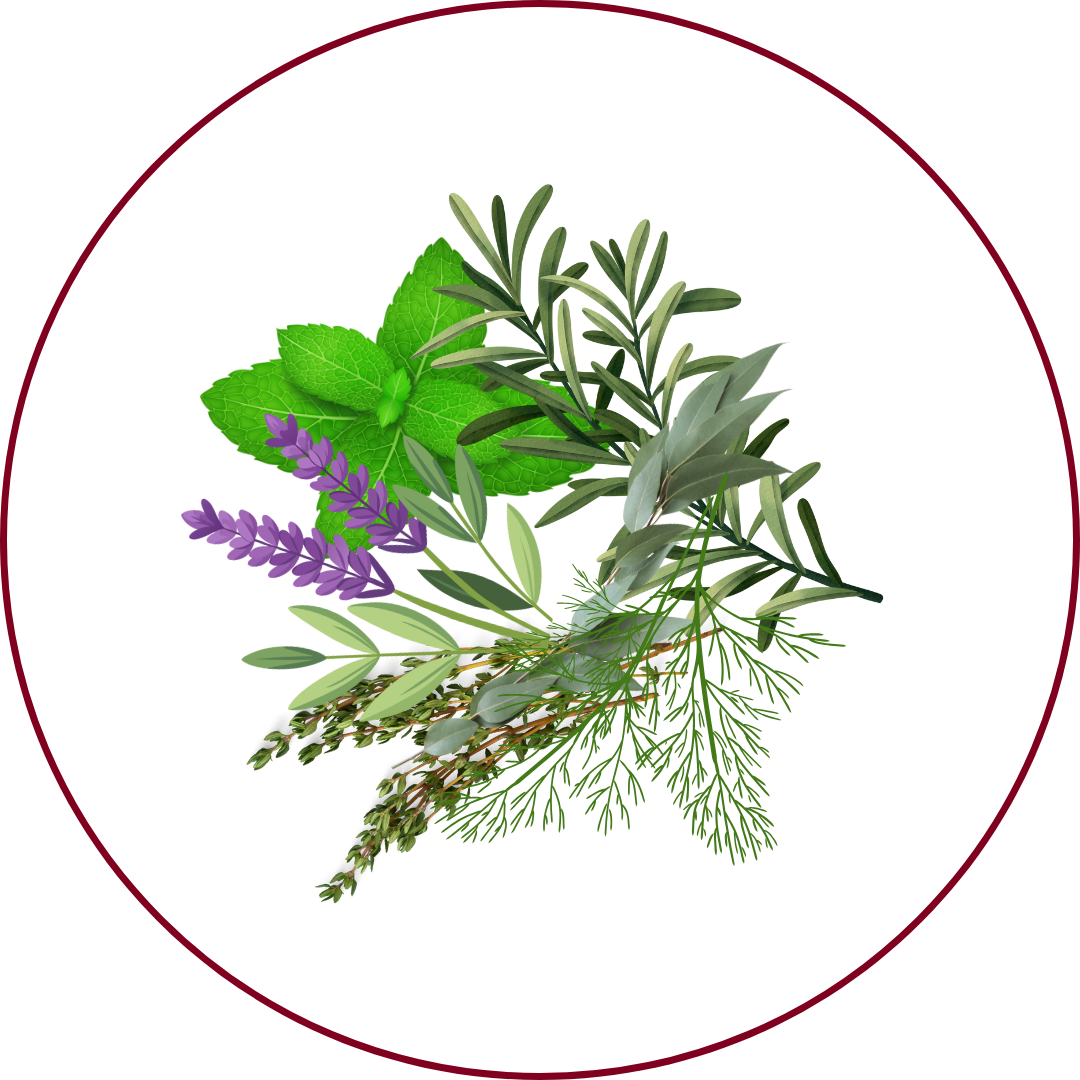Grape Variety
Zibibbo
"zee-BEE-bo"
Wine Styles
 Sparkling
Sparkling Light White
Light White Full White
Full White Aromatic
Aromatic Rosé
Rosé Light Red
Light Red Medium Red
Medium Red Full Red
Full Red Dessert
DessertAbout Zibibbo
Origin
Egypt
History
Zibibbo, also known as Muscat of Alexandria, is a white grape variety native to Egypt, specifically the city of Alexandria. It has been cultivated for over 5,000 years and was spread throughout the Mediterranean basin by the Romans. The name 'Zibibbo' comes from the Arabic word 'zibibb,' meaning raisin, reflecting the grape's use in dried form.
Appearance
Large, round to ovoidal grapes with thick, pruinose, green-yellowish skins.
Growing Traits
Zibibbo is a late-ripening variety that thrives in warm, dry climates. It is moderately vigorous and highly productive, producing large, deeply colored berries. The grape benefits from its thick skin, which contributes to the intense color and structure of the wines.
Wine Characteristics
Body
3/5
Sweetness
1/5
Tannin
0/5
Acidity
4/5
Alcohol
3/5
Medium to full-bodied with a rich texture, offering a balanced mouthfeel. Typically vinified dry, highlighting its natural acidity and fruit flavors. As a white grape variety, Zibibbo wines have negligible tannin content, resulting in a smooth and approachable mouthfeel. Medium to high acidity, providing freshness and aging potential. Moderate alcohol content, generally ranging from 11.5% to 13.5%, contributing to the wine's body and intensity.
Taste Profile

Citrus

Green apple

Herbal

Mineral
Zibibbo wines are characterized by their fresh and zesty profile, with prominent notes of citrus fruits, such as lemon and lime, and green apple. Subtle herbal nuances and mineral undertones add complexity to the palate. The wines are typically light to medium-bodied, with medium to high acidity, leading to a clean and refreshing finish. These characteristics make Zibibbo wines particularly enjoyable in their youth.
Food Pairing
Zibibbo's crisp acidity and vibrant fruit flavors make it a versatile companion for various dishes. It pairs well with seafood, such as grilled fish, shellfish, and ceviche. The wine's freshness also complements light salads, poultry dishes, and Mediterranean cuisine. Its zesty character makes it an excellent choice for pairing with dishes featuring citrus elements or herbal notes.
Growing Regions

Italy
SicilyPantelleria

Tunisia
Cap Bon

Algeria
Médéa
Notable Wines & Producers
Passito di Pantelleria
Donnafugata
Marco De Bartoli
Pietra Nera
Lighea
Donnafugata
Zibibbo Secco Costadune
Mandrarossa
Zibibbo FAQ
Common questions about this grape variety
What is the origin of Zibibbo?
+
Egypt
Is Zibibbo wine full bodied?
+
Zibibbo has a body level of 3 out of 5. Which means that Zibibbo is Moderate bodied.
Is Zibibbo wine dry or sweet?
+
Zibibbo has a dryness level of 1 out of 5. Which means that Zibibbo is Dry.
Where is Zibibbo wine from?
+
Egypt
Where is Zibibbo grown?
+
Zibibbo is grown in Italy (Sicily, Pantelleria)Tunisia (Cap Bon)Algeria (Médéa).
What is Zibibbo like?
+
Zibibbo wines are characterized by their fresh and zesty profile, with prominent notes of citrus fruits, such as lemon and lime, and green apple. Subtle herbal nuances and mineral undertones add complexity to the palate. The wines are typically light to medium-bodied, with medium to high acidity, leading to a clean and refreshing finish. These characteristics make Zibibbo wines particularly enjoyable in their youth.
What does Zibibbo pair with?
+
Zibibbo's crisp acidity and vibrant fruit flavors make it a versatile companion for various dishes. It pairs well with seafood, such as grilled fish, shellfish, and ceviche. The wine's freshness also complements light salads, poultry dishes, and Mediterranean cuisine. Its zesty character makes it an excellent choice for pairing with dishes featuring citrus elements or herbal notes.
What does Zibibbo taste like?
+
Zibibbo wines are characterized by their fresh and zesty profile, with prominent notes of citrus fruits, such as lemon and lime, and green apple. Subtle herbal nuances and mineral undertones add complexity to the palate. The wines are typically light to medium-bodied, with medium to high acidity, leading to a clean and refreshing finish. These characteristics make Zibibbo wines particularly enjoyable in their youth.
Take Zibibbo Knowledge with You
Access detailed grape profiles, tasting notes, and pairing suggestions on your iPhone.
Download on theApp Store